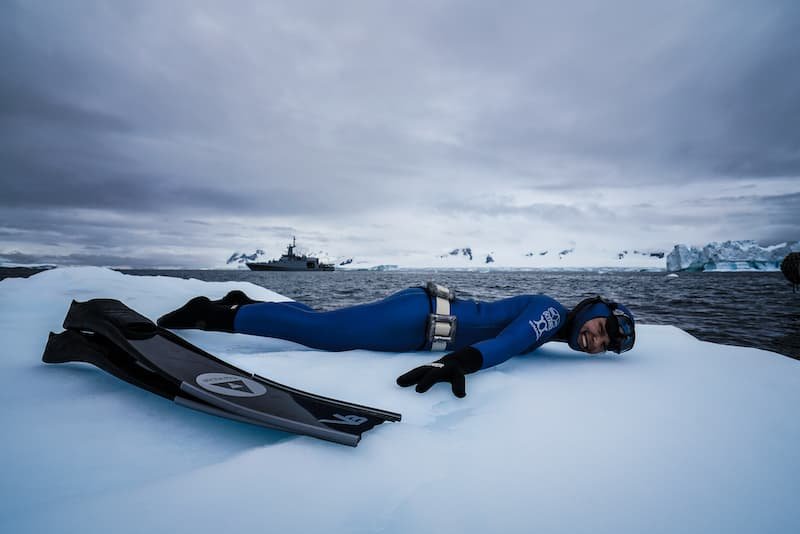
 Nick Pelios
Freediver, Creator
Nick Pelios
Freediver, Creator

 Nick Pelios
Freediver, Creator
Nick Pelios
Freediver, Creator
Mental preparation is paramount in freediving. While physical conditioning is crucial for safety and performance, the mental aspect plays a pivotal role in determining a diver's success and well-being underwater. In a recent blog post, deep freediver and instructor Linda Paganelli challenges the conventional wisdom surrounding "visualization," arguing that the term fails to capture the essence of the mental processes crucial to successful dives.
"Every time I talk about visualization with a student, we get trapped into a cycle of misunderstandings," Paganelli remarks. She contends that the term "visualization" emphasizes images, which diverge significantly from the sensory experiences inherent to freediving. "In fact, when you dive, you don’t actually see yourself moving gracefully like a dolphin," Paganelli reveals. Instead, divers often encounter a blur of rope against a backdrop of blue, or perhaps nothing at all if their eyes remain closed.
Paganelli asserts that relying on visual imagery is counterproductive. "The main sense you use during your dive is touch, not sight," she emphasizes. It's the sensations – the feel of water, the strain on muscles, the compression of the chest – that provide the brain with crucial information, not visual imagery.
Thus, she proposes a paradigm shift: from visualization to "thinkalisation." This concept urges divers to focus on thoughts and feelings rather than images. "Think back to how many times during a dive you thought stuff like 'this is just the 50m turn' or 'I’m already getting contractions,'" she prompts. By acknowledging and managing these thoughts, divers can navigate challenges more effectively.

Practical application of thinkalisation involves breaking dives into small segments and crafting detailed plans for each. "Don’t let your mind open to 'free' thoughts," Paganelli advises. Instead, maintain focus on the task at hand and preemptively address negative thoughts with constructive responses. For those new to thinkalisation, Paganelli recommends regular practice, particularly before significant dives. By immersing oneself in mental rehearsal with intensity and attention to detail, divers can cultivate the mindset conducive to success.
While the concept of thinkalisation represents a significant departure from traditional mental preparation techniques, Paganelli believes it holds immense promise for the freediving community. As divers continue to explore the depths of this approach, the potential for enhanced performance and safety looms large on the horizon.